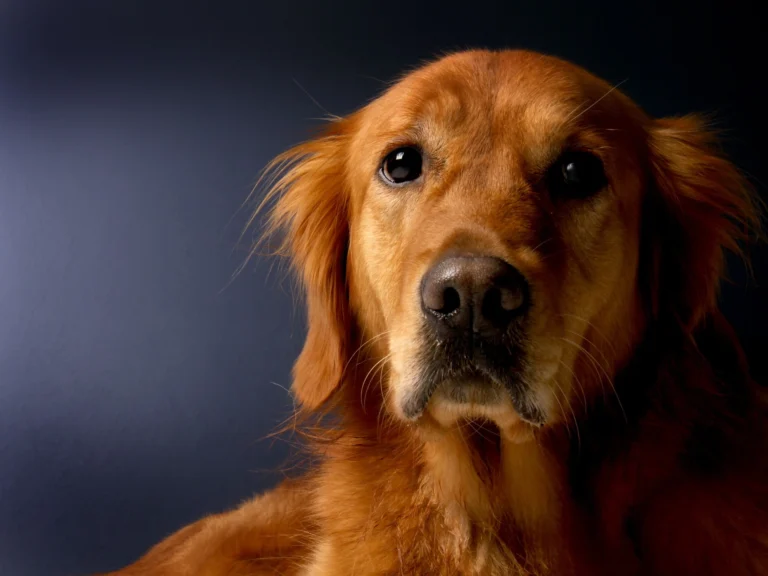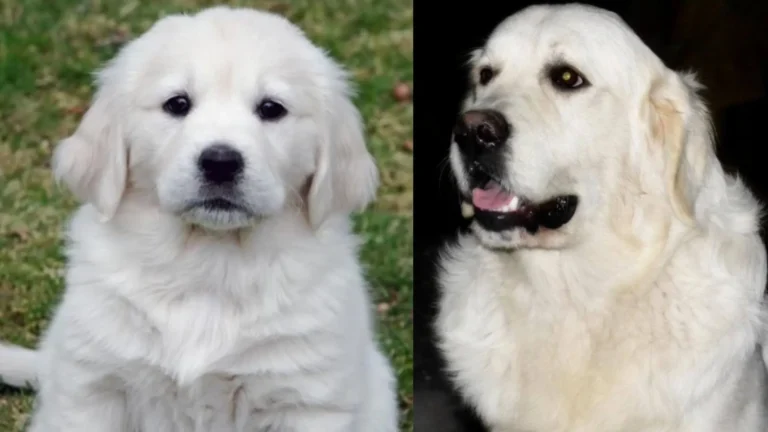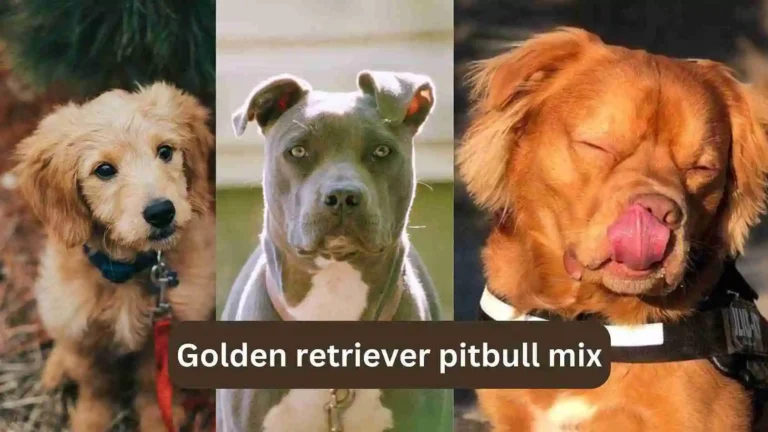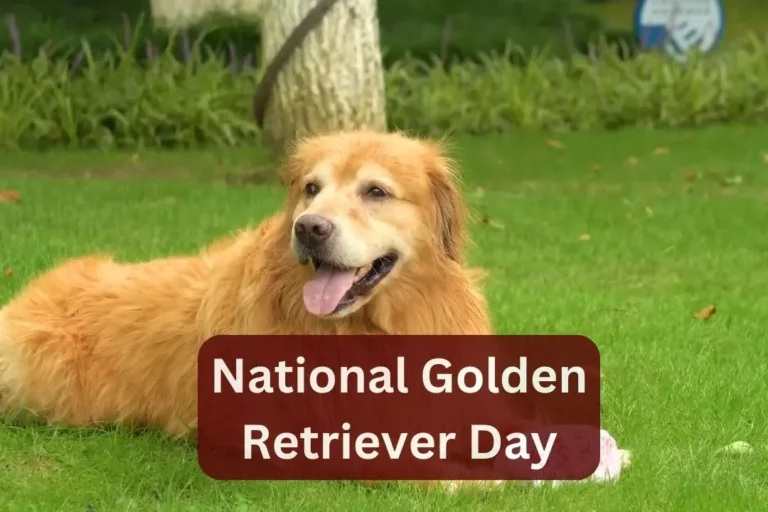Dwarfism in Golden Retrievers: A Complete Care & Cure Guide (2024)
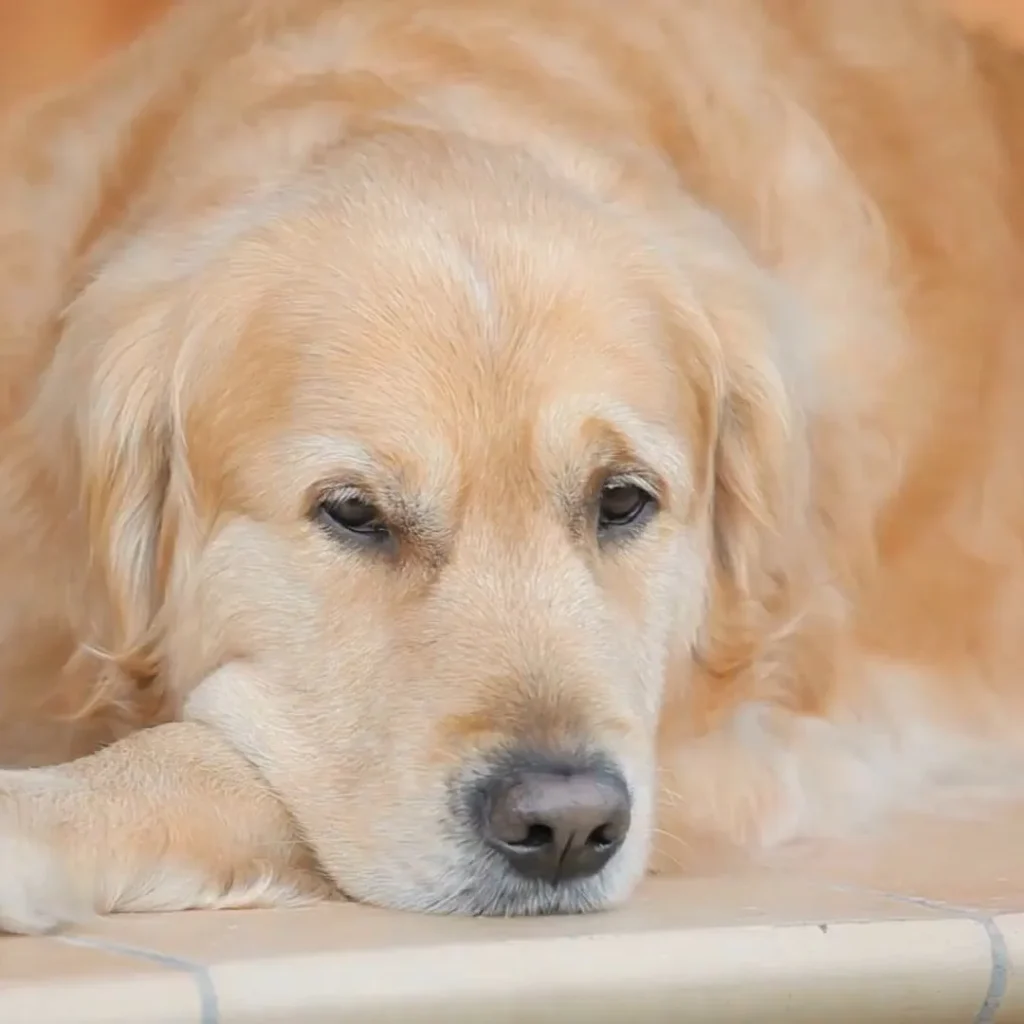
Golden Retriever, a well-reputed family dog, is known for its amazing temperament and very good personality. It usually contains a good height and weight that makes it look more adorable and attractive. Is it true that dwarfism is possible in Golden Retrievers?
Unfortunately, there is a possibility of dwarfism in Golden Retrievers. It can happen due to multiple reasons like genetics, diet environment, etc. In this article, we will briefly understand dwarfism, its main causes and some suggested techniques to better cope with the situation.
What is Dwarfism?
In dwarfism, dogs tend to gain smaller height and small body structure. Apart from shorter body structures, they may become prone to various health issues. Although the chances of occurrence of dwarfism in Golden Retrievers are very low, still we can’t rule out the possibility.
Causes of Dwarfism in Golden Retrievers
The actual rather major cause of the occurrence of dwarfism is due to genetics. It can inherit imbalance due to a single parent or both of them. Another reason is an improper or insufficient diet which can result in noncomplete body structure for the Golden Retriever. Another important thing is an environment which also affects on growth and health of the dog.
Physical Traits of a Dwarf Golden Retriever
It’s very easy to find dwarfism Golden Retrievers. They possess shorter legs, a small body structure, and even a small head. Don’t confuse a dwarf Golden Retriever with a mini Golden Retriever as mini Golden Retrievers maintain the good proportion of body structure.
The bone structure may be seen as imbalanced and that’s the most obvious characteristic of dwarf Golden Retrievers. They may possess slightly cured spine as well. Overall, it would be suffering from some health issues as well apart from maintaining a smaller size.
Living With Dwarf Golden Retriever
Well! Explaining things in detail doesn’t mean that you shouldn’t live or adopt with the said dog. Instead, it will be a good company.
Here are some practical guidelines that will help you in living with dwarf Golden Retrievers:
Diet
Exercise
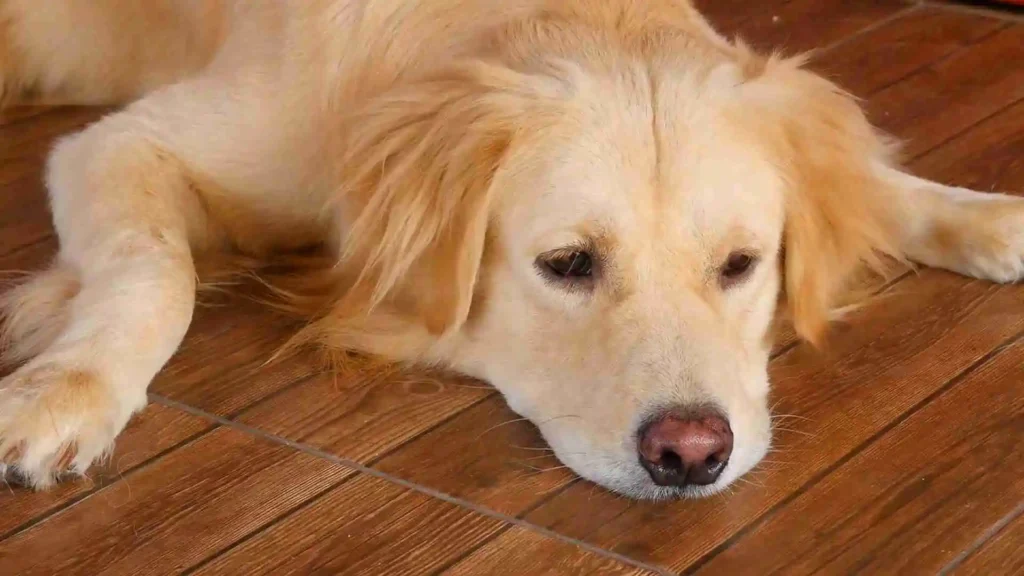
Mental Simulation
Good Environment Conditions
Medical Checkup
It is otherwise recommended to take your Golden Retriever to the nearest vet for a regular checkup after 2 to 3 months. But when we talk about dwarf Golden Retrievers then they should be taken to the vet more frequently. It is advised to take them to the vet at least once a month.
Ask for joint and other bones test for early detection and treatment. Do share your findings with the vet if your pet is facing issues while walking, jogging, or doing extensive exercise.
Sufferings For the Dog During Dwarfism
Any healthy dog suffers from various health issues and those days are very difficult. But unfortunately, a dwarf Golden Retriever suffers severely from various issues mainly joint and bone pain. So, it’s better to remain aware of said diseases and treat your dog accordingly.
Joint and Bone Issues
Hip and elbow dysplasia are more common issues for the dog. They may feel pain in the complete body due to skeletal or bone issues. Remain current with their pain and treat them accordingly.
Spinal Issues
Although spinal issues are not very common like joint and bone issues, still it is possible. A dog may suffer serious pain in the spine. So, make sure it eat a healthy diet, go for regular exercise, and rest properly.
Mobility Challenges
Well! All diseases somehow link and impact badly on the movement of the dog. It will face difficulty in climbing up stairs, and jumping on a chair or table. It also becomes a nightmare for the dwarf Golden Retriever to walk or jog on uneven areas. In case of non-caring or less caring, it may become a victim of serious injuries.
Solution and Recommended Procedures
Conclusion
Dwarfism in Golden Retrieves is very much possible, although its chances are very rare. Its muscles and complete body structure will not grow like a normal or healthy Golden Retriever. It may suffer from joints, bones, or other issues and its main reasons are low-quality food, an uncomfortable environment, and a lot more. Visit your veteran regularly if he is facing serious issues.
